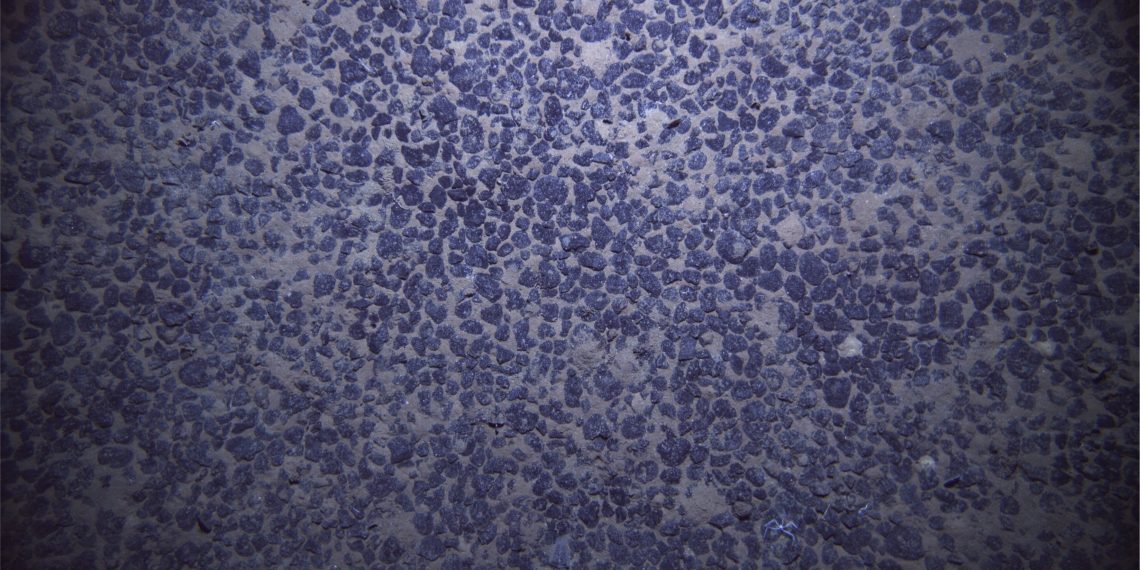Deep-sea mining is likely “inevitable”, said the secretary-general of the International Seabed Authority (ISA) Michael Lodge, in an interview with CNBC. Advocates of deep-seabed mining have risen to numbers not seen in decades about the controversial industry’s potential role in the energy transition.
“One of the main drivers of industrial interest is the potential to produce larger quantities of minerals at equivalent or lower cost to what can be produced on land,” Lodge commented.
“That’s the commercial driver and certainly there is vast resource potential in seabed minerals. The question is whether they can in the end be produced economically.”
His remarks come as the ISA prepares to recommence talks on deep-sea mining in Jamaica, next month. The upcoming session of the seabed watchdog aims to establish a regulatory framework that, if approved, would enable commercial deep-sea mining.
ISA, which is headquartered in Kingston, Jamaica, was founded in November of 1994. Nearing 30 years, the organization oversees mining and associated operations in a region encompassing more than half the Earth’s oceans. Comprised of 168 member states, this global body plays a crucial role in governing activities within these vast marine territories.
Earlier this year, Norway approved commercial plans to begin deep-sea mining in the Arctic Ocean in an attempt to steer the European country away from fossil fuels and towards a greener future.
For Norway, its parliament passed the bill by a vote of 80-20 to allow the exploration of approximately 280,000km2 of arctic seabed. The area contains sulphide and manganese crusts which are thought to hold around 45Mt of zinc and 3M metric tonnes of cobalt respectively, according to a white paper released by the government last June.
Critical minerals, such as cobalt, nickel, copper, and manganese are found in nodules on the ocean floor, with reserves estimated to be valued between US$6T and US$16T.
Additionally, a paper published in the Journal of Cleaner Production, reported that battery metals hosted in these deep-sea nodules could reduce CO2 by 70-75%, slash land use by 94%, and eliminate 100% of solid waste.












